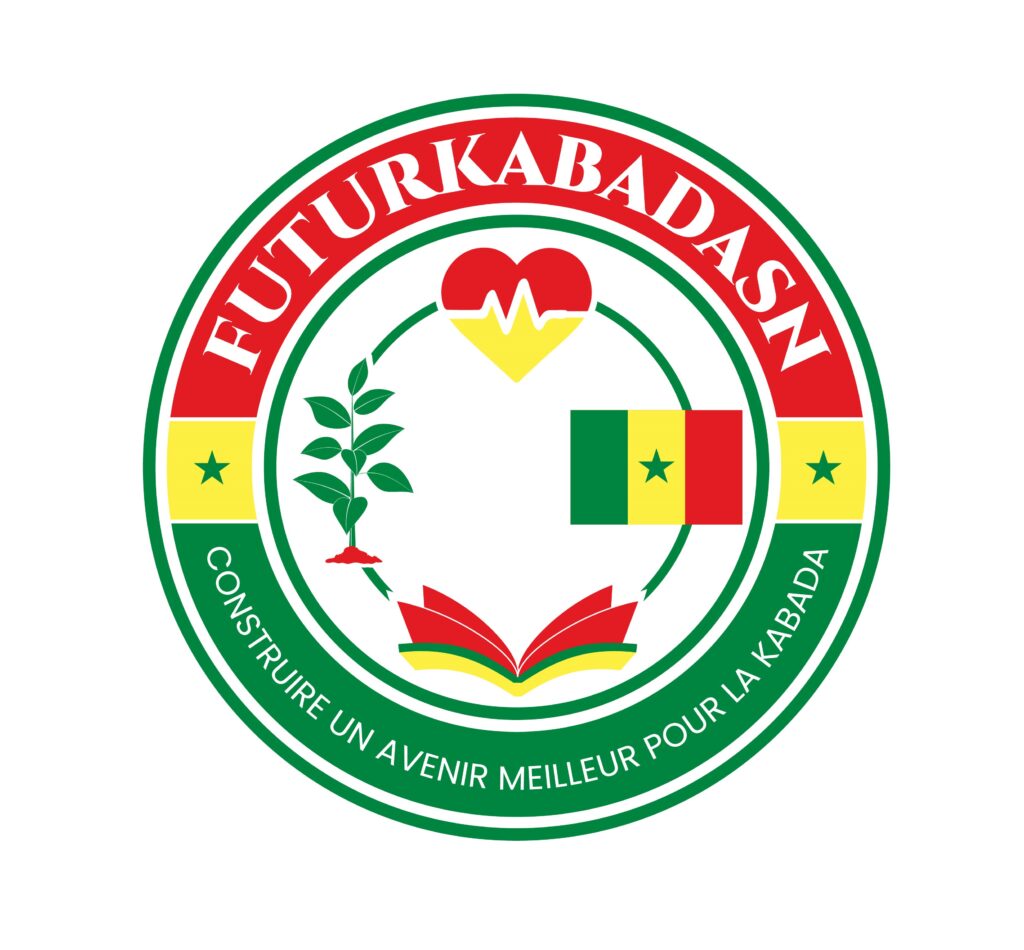Agriculture is the backbone of Kabada’s economy, with the majority of residents engaged in farming activities. However, reliance on traditional farming methods has limited productivity and economic growth. Modernizing agriculture is essential for enhancing food security and livelihoods in the region.
Current Agricultural Practices
Farmers in Kabada primarily cultivate crops like groundnuts, millet, rice, and maize using traditional techniques. These methods often result in low yields and are vulnerable to the impacts of climate change, such as erratic rainfall and prolonged droughts.
Challenges in the Agricultural Sector
-
Limited Access to Modern Equipment: The lack of machinery and tools hampers efficiency and scalability in farming operations.
-
Inadequate Irrigation Systems: Dependence on rain-fed agriculture makes crop production susceptible to weather variability.
-
Market Access Issues: Farmers often face difficulties in accessing markets to sell their produce, limiting income potential.
Initiatives and Opportunities
Efforts are underway to address these challenges and promote agricultural development:
-
Digital Tools for Agriculture: The introduction of digital platforms helps farmers predict weather patterns and make informed decisions about planting and harvesting, mitigating the uncertainties brought by climate change. FAOHome
-
Financial Support for Farmers: Institutions like La Banque Agricole provide financing to smallholder farmers, enabling them to invest in equipment, inputs, and infrastructure to improve productivity. westafricanagri.com
-
Agroecology Schools: Initiatives such as the Kaydara Agroecology School Farm offer training in sustainable farming practices, empowering farmers with knowledge and skills to enhance their agricultural activities.
